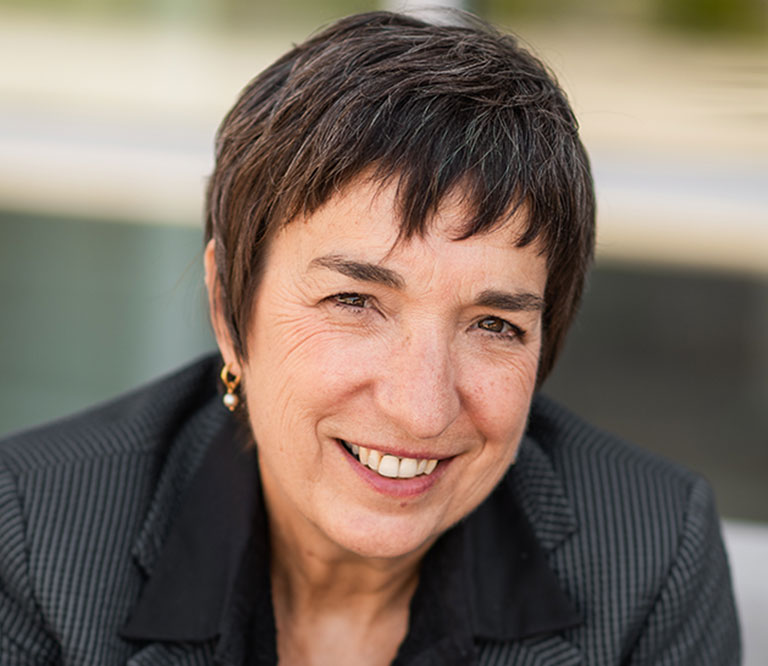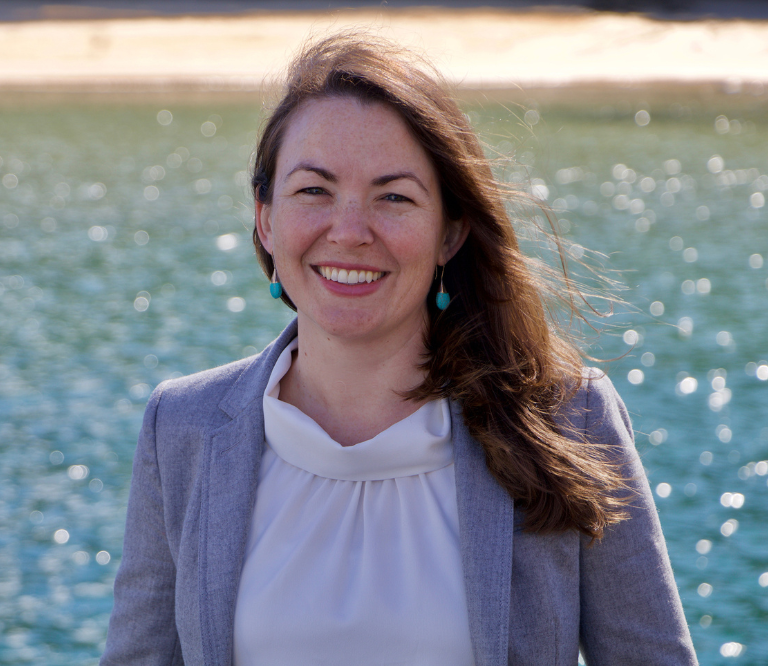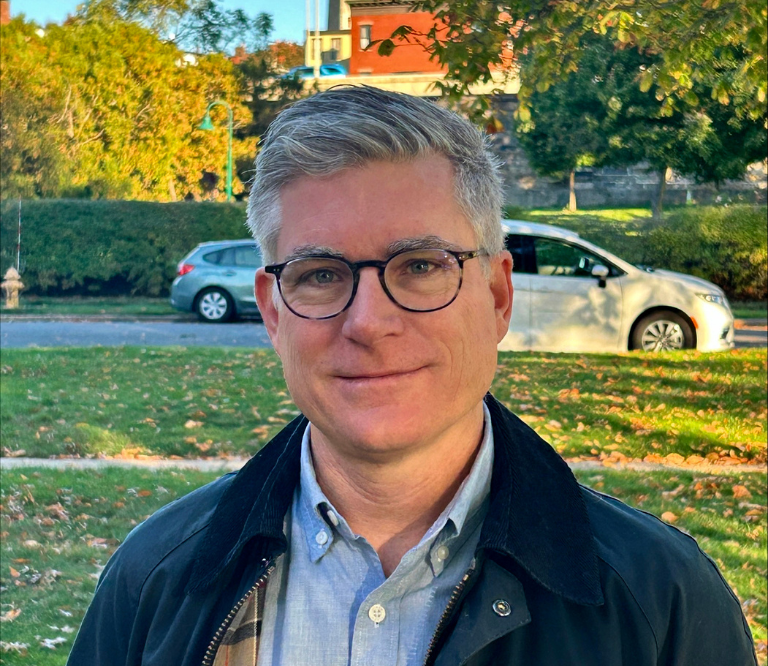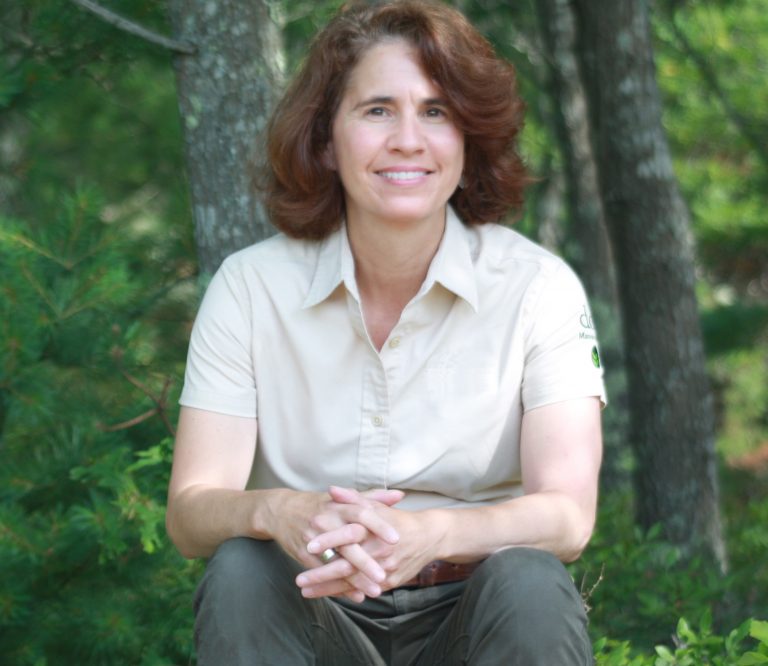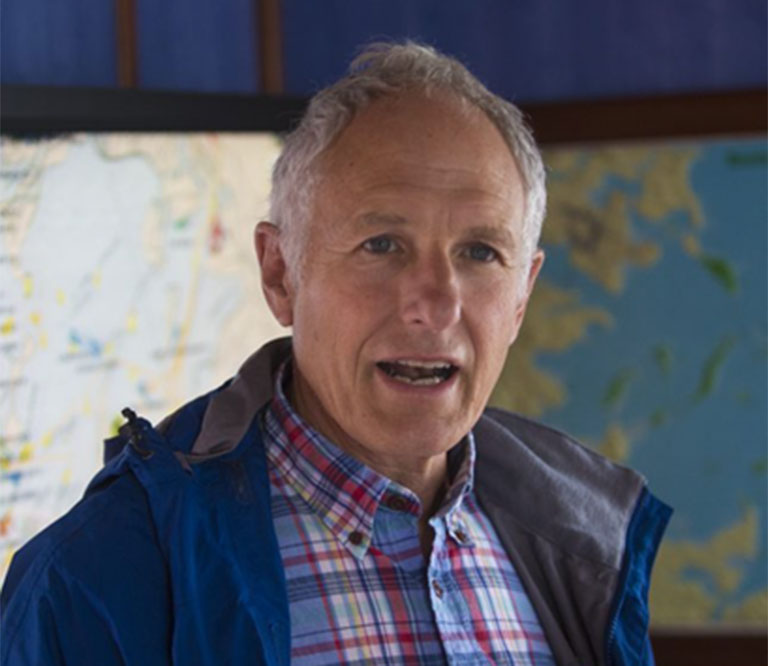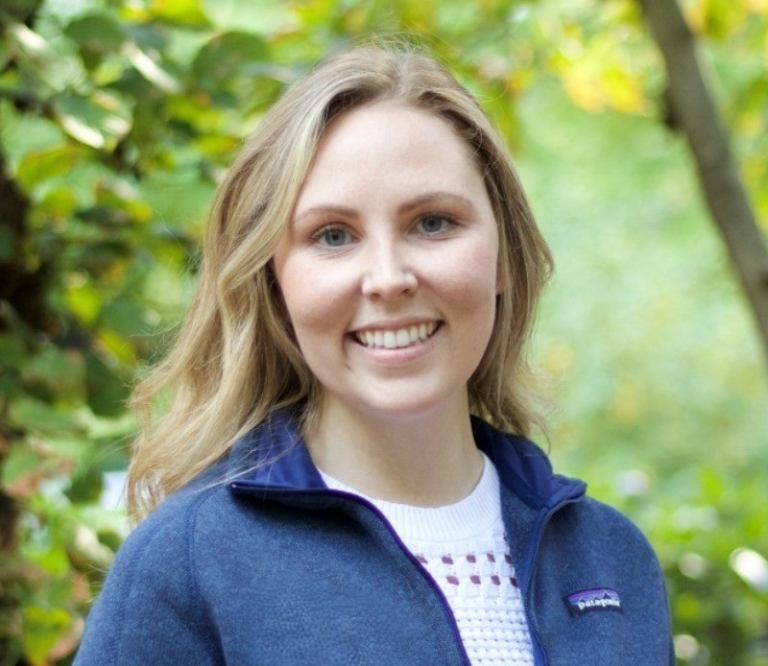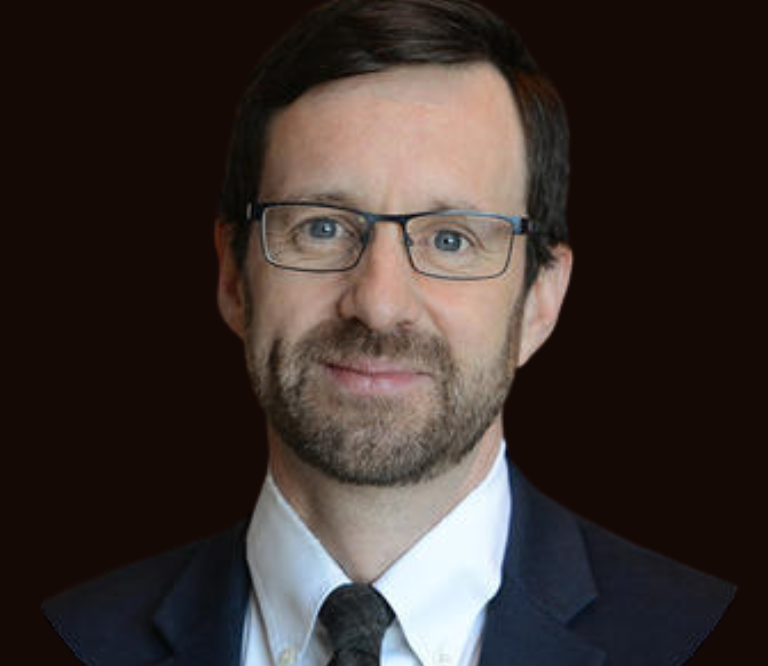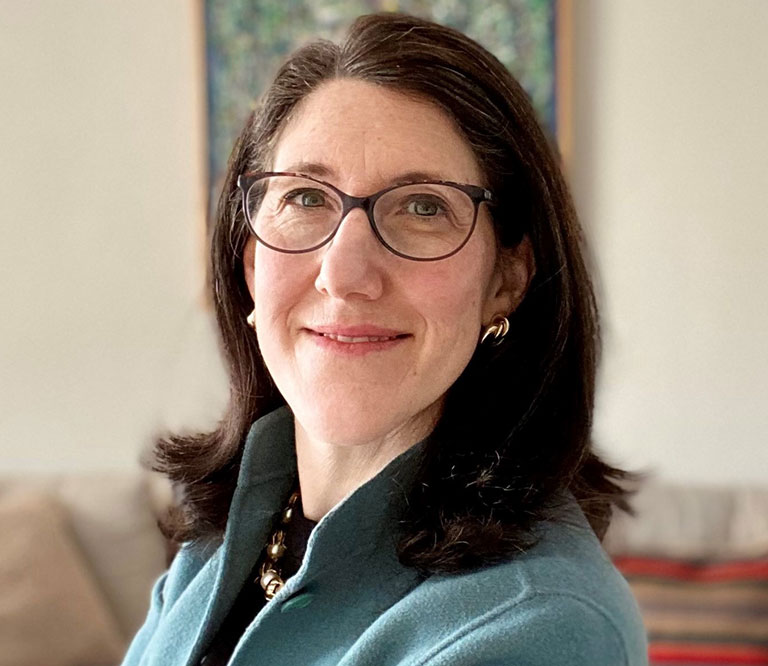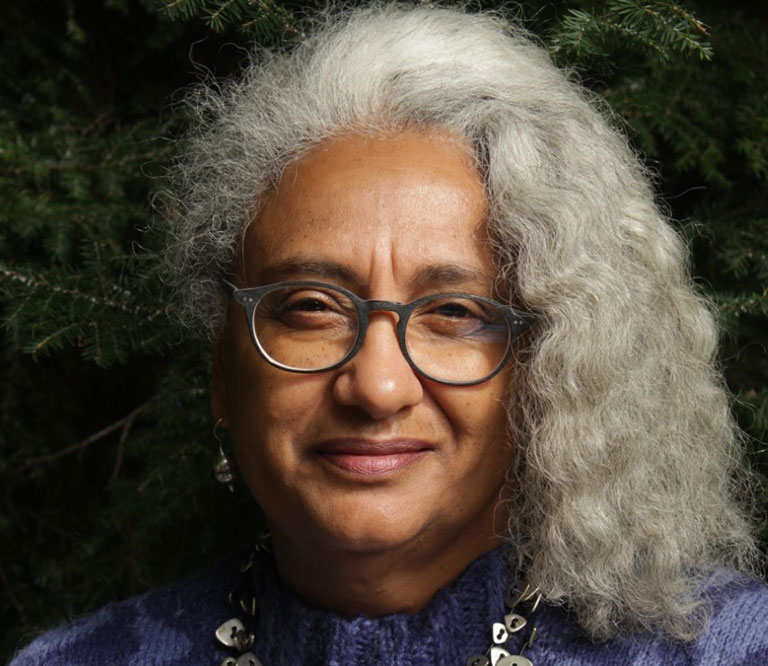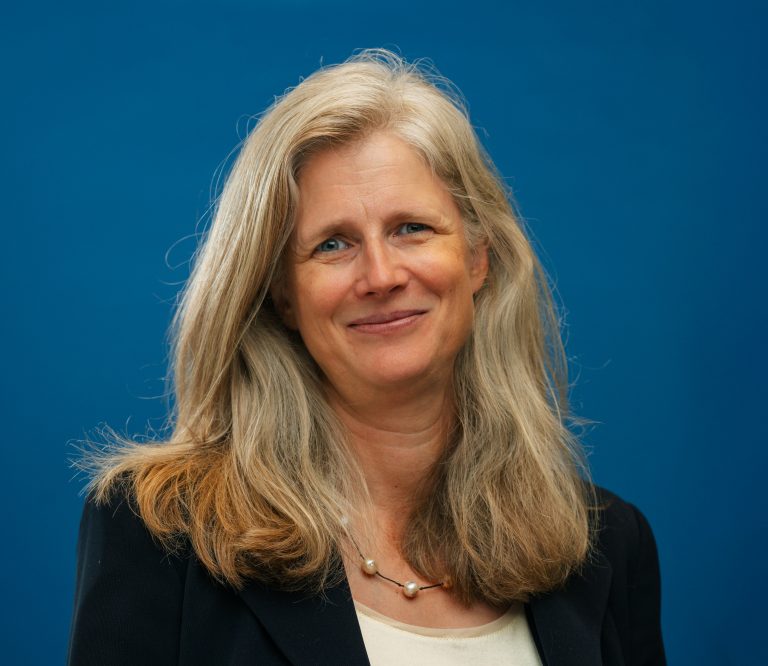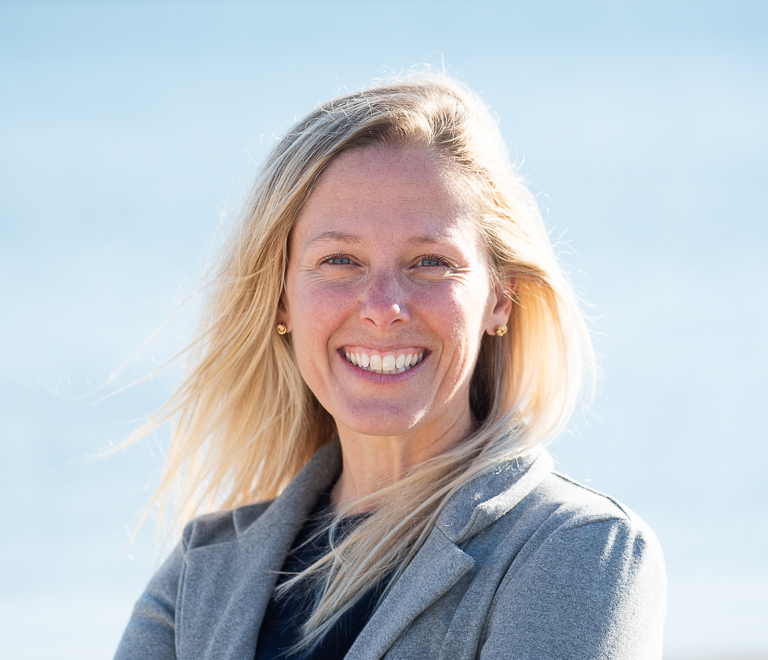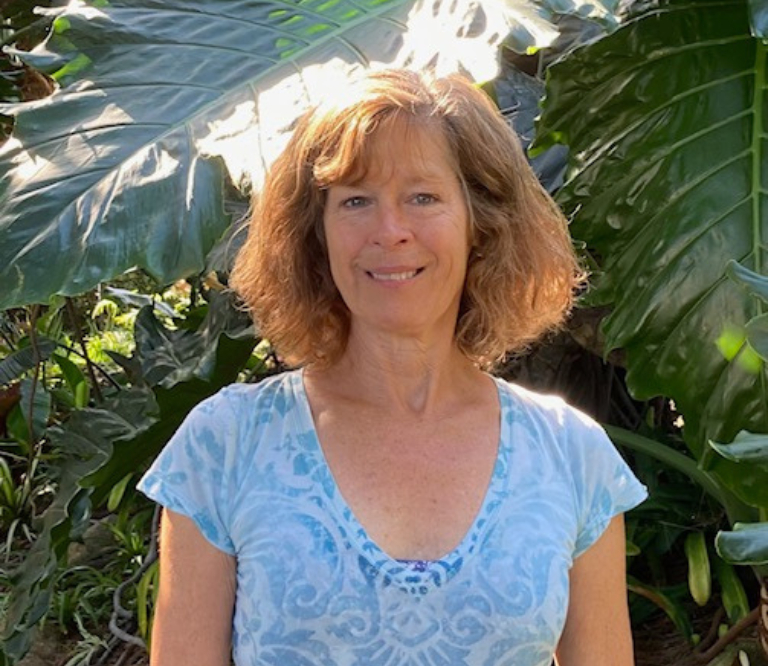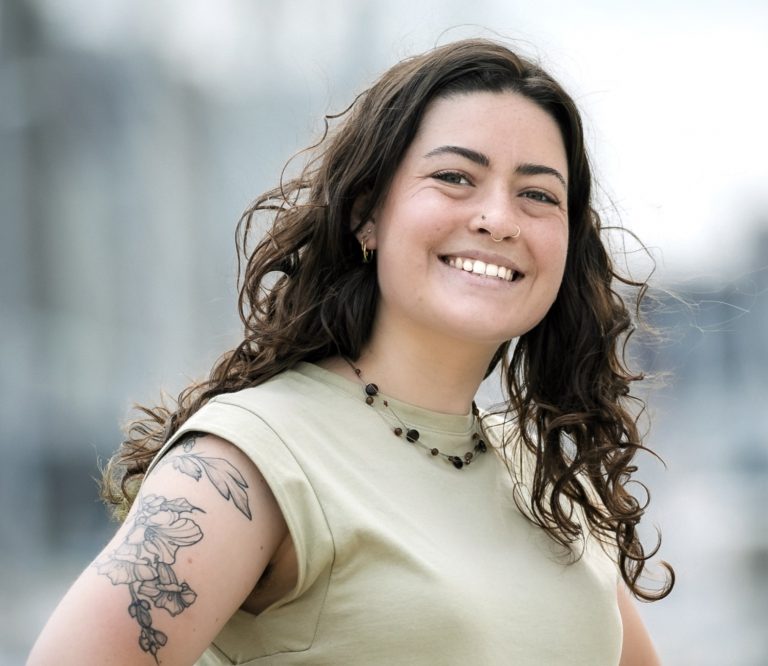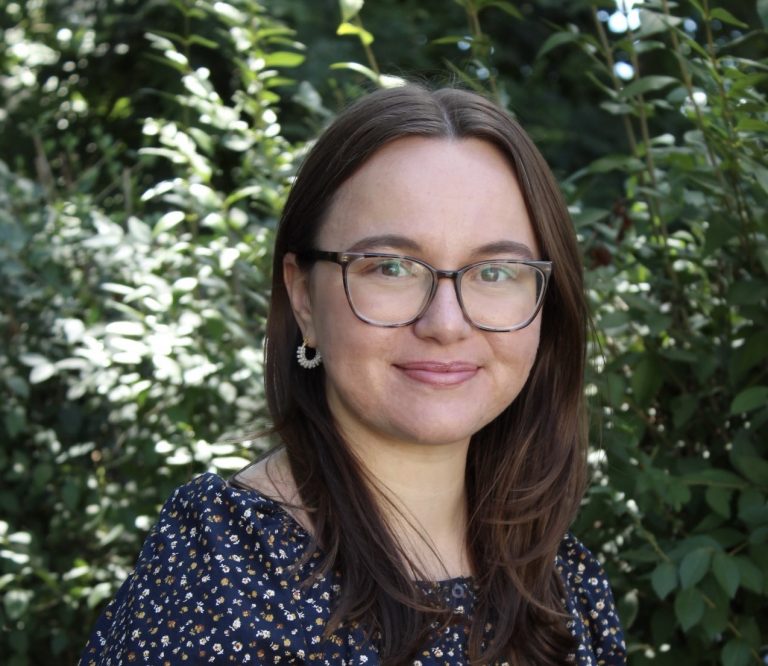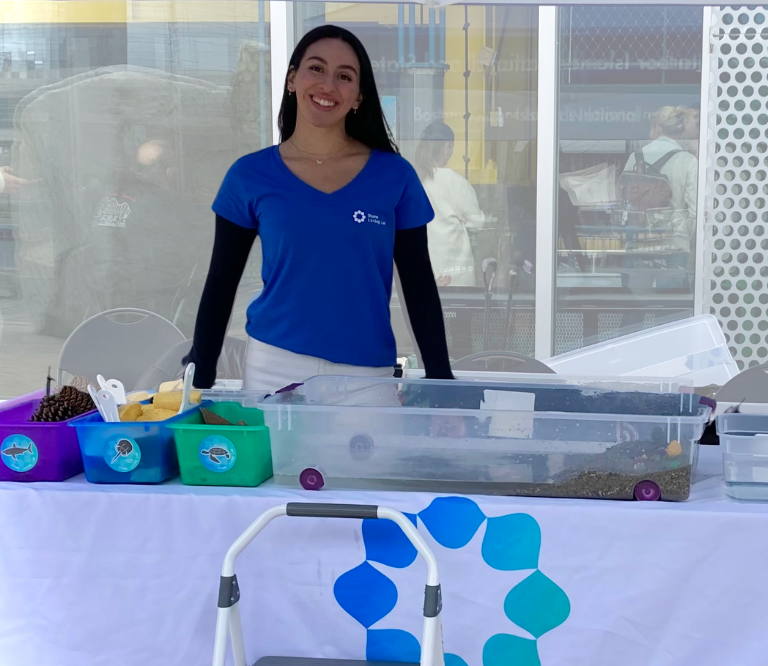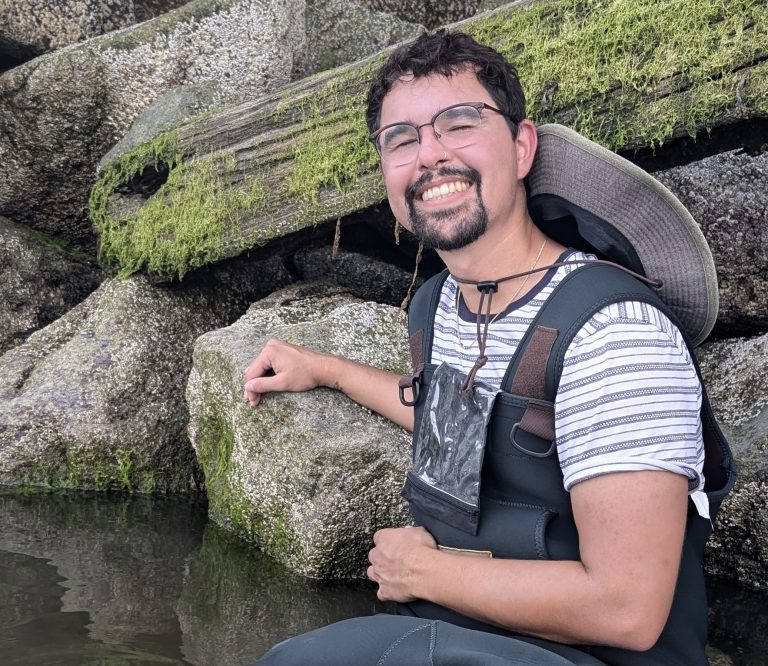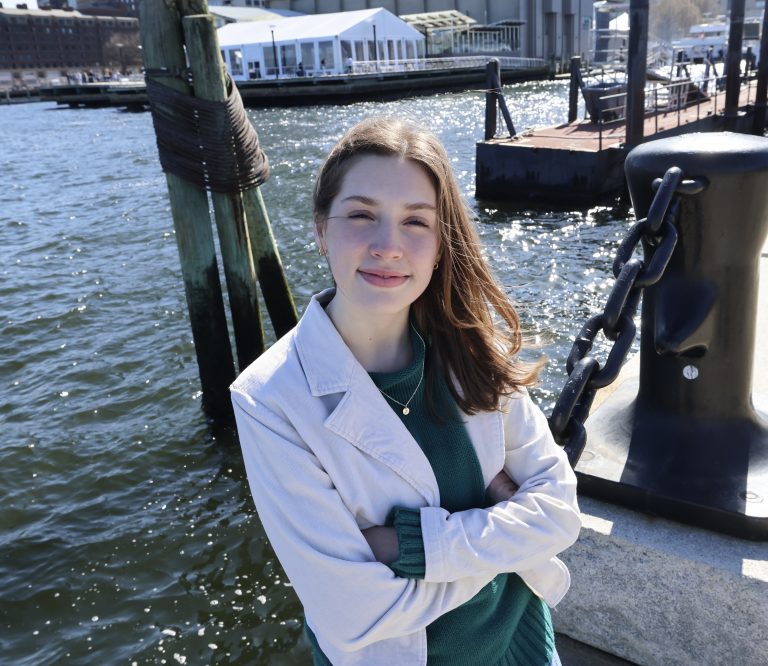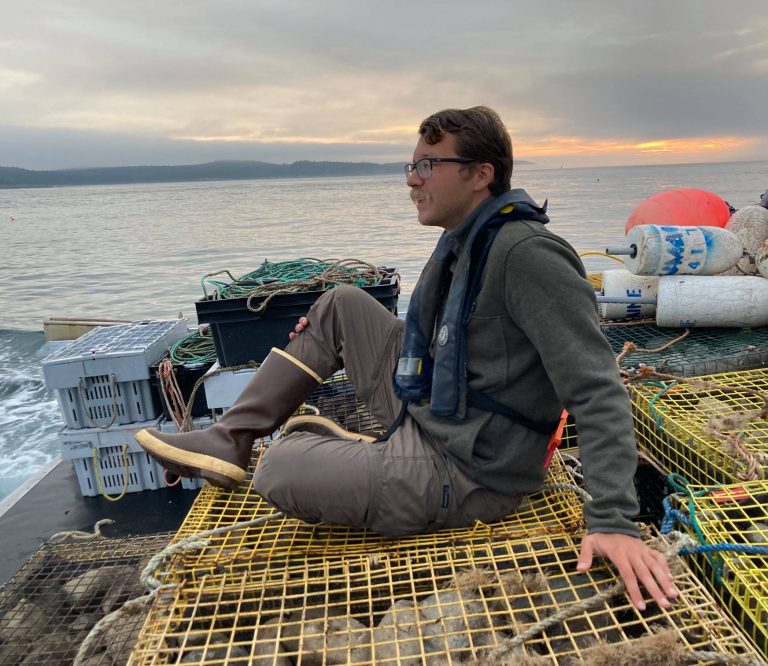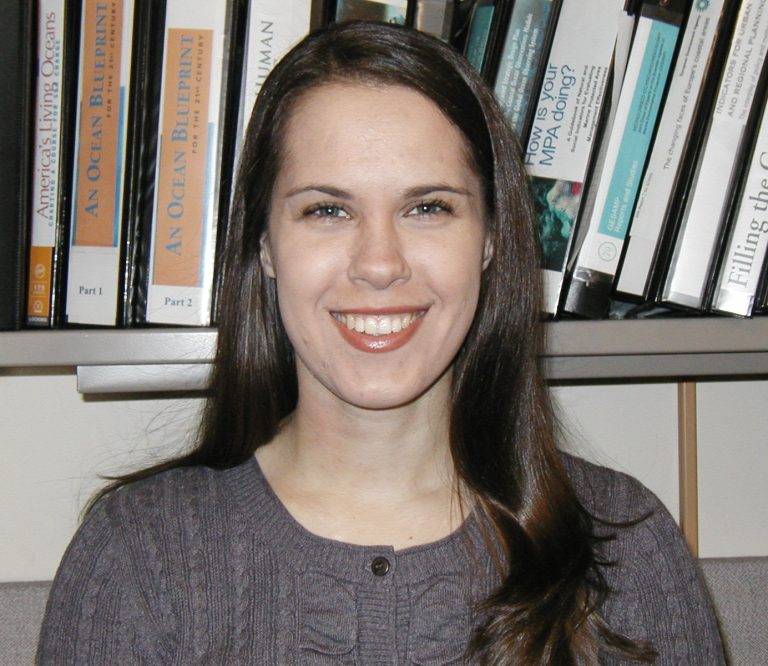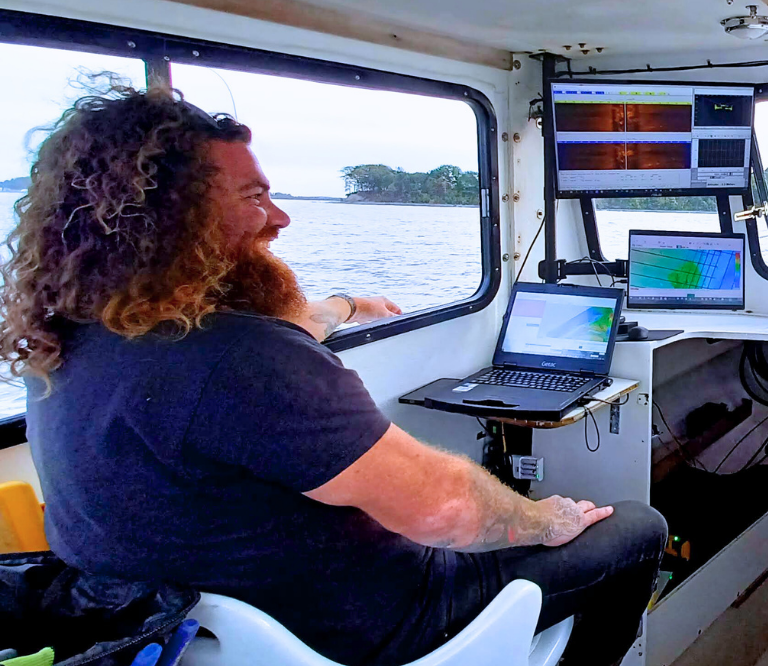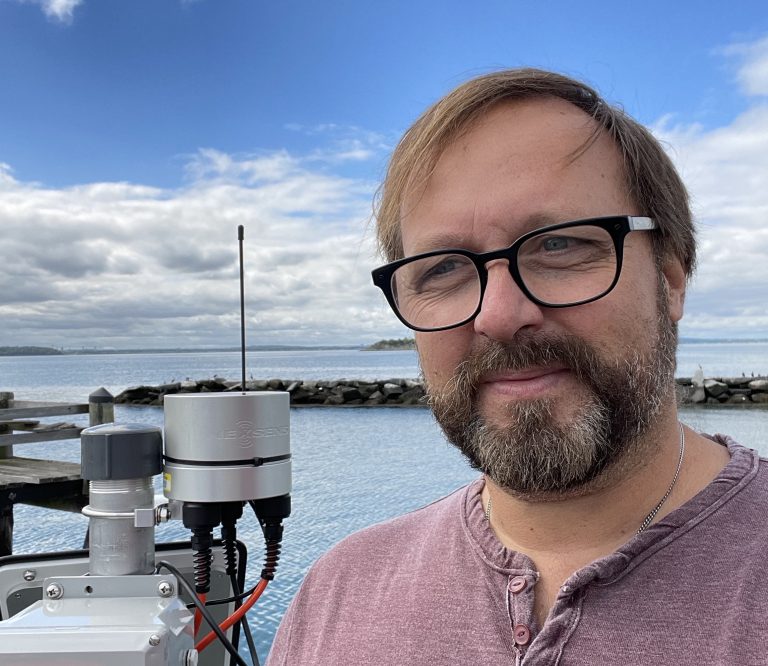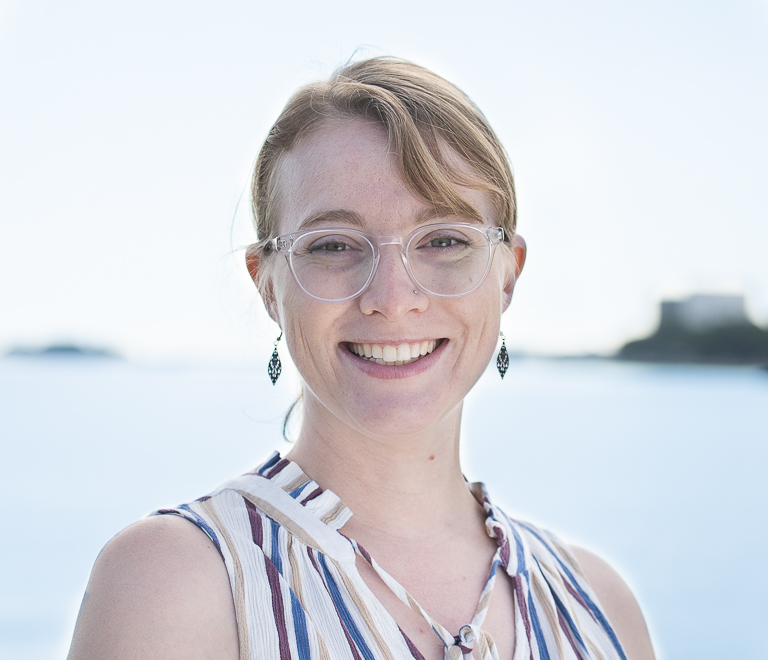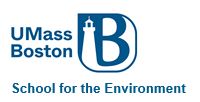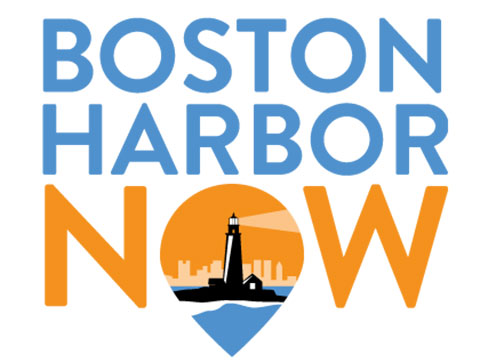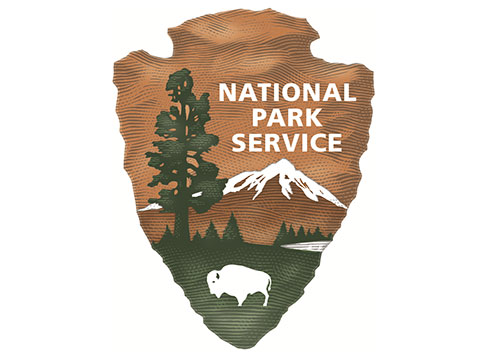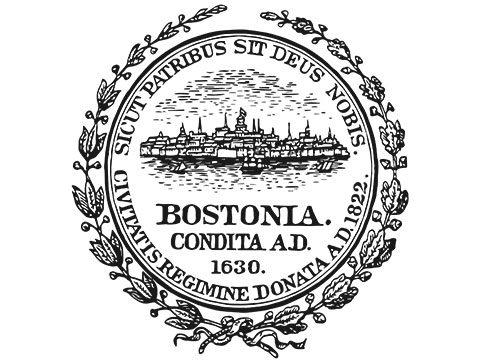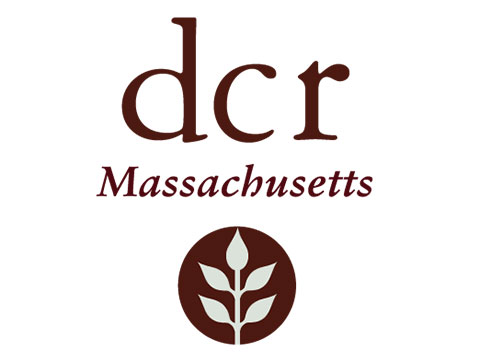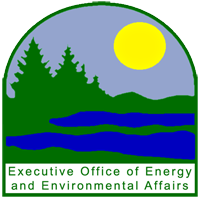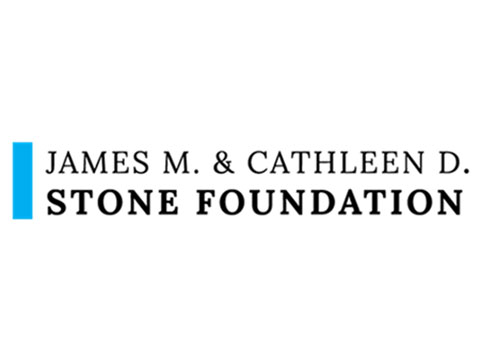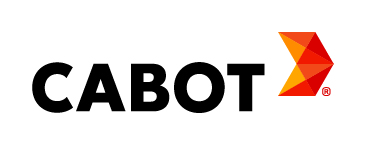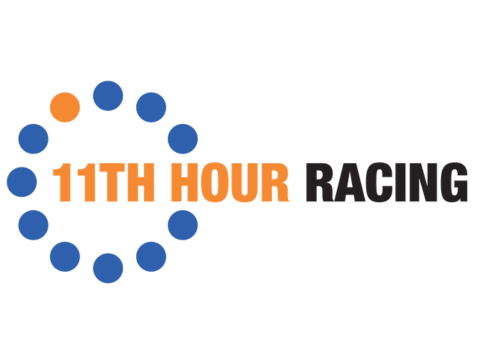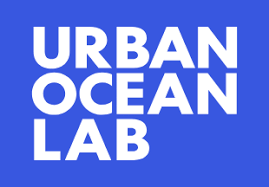Informs the Lab’s work and uses and shares its findings
Amanda Babson, National Park Service
Alison Bowden, The Nature Conservancy
Lisa Churchill, Climate Advisory LLC
Chris Cook, The Rose Kennedy Greenway
Amy Dale, Gradient
Stewart Dalzell, Massachusetts Port Authority
Pam DiBona, Massachusetts Bays National Estuary Partnership
Wiener Douyon, Colby College
Carly Foster, Arcadis-US
Phil Giffee, Neighborhood of Affordable Housing
Stephen Gray, Grayscale Collaborative
Rebecca Herst, Sustainable Solutions Lab, UMass Boston
Walter Hope, Friends of the Boston Harbor Islands
Jill Valdés Horwood, Barr Foundation
Nick Iselin, Lendlease
Alexis Landes, SCAPE
Fred Laskey, Massachusetts Water Resources Authority
Igor Linkov, US Army Corps of Engineers
Heather Lis, City of Quincy
Carl Long, Cabot Corporation
Keith Mahoney, The Boston Foundation
Chris Mancini, Save the Harbor/Save the Bay
Richard McGuinness, BPDA
Katie McKnight, San Francisco Estuary Institute
Deanna Moran, Conservation Law Foundation
Sonia Mulgund, Acton-Boxborough Regional High School
Heidi Nepf, Massachusetts Institute of Technology
Patrice Nicholas, MGH Institute of Health Professions
Tom O'Shea, The Trustees of Reservations
Jim Peters, Massachusetts Commission on Indian Affairs
Leslie Reid, Madison Park Development Corporation
Charlotte Rice, The American City Coalition
Bud Ris, Boston Green Ribbon Commission
Rob Stevens, City of Quincy
John Sullivan, Boston Water and Sewer Commission
Nikki Tabron, Thompson Island Outward Bound
John Walkey, GreenRoots
Aaron Weieneth, AECOM
Amy Whitesides, Stoss Landscape Urbanism
Cedric Woods, Institute for New England Native American Studies, UMass Boston
Julie Wormser, Mystic River Watershed Association
Kristen Wyman, Natick Nipmuc Tribe
